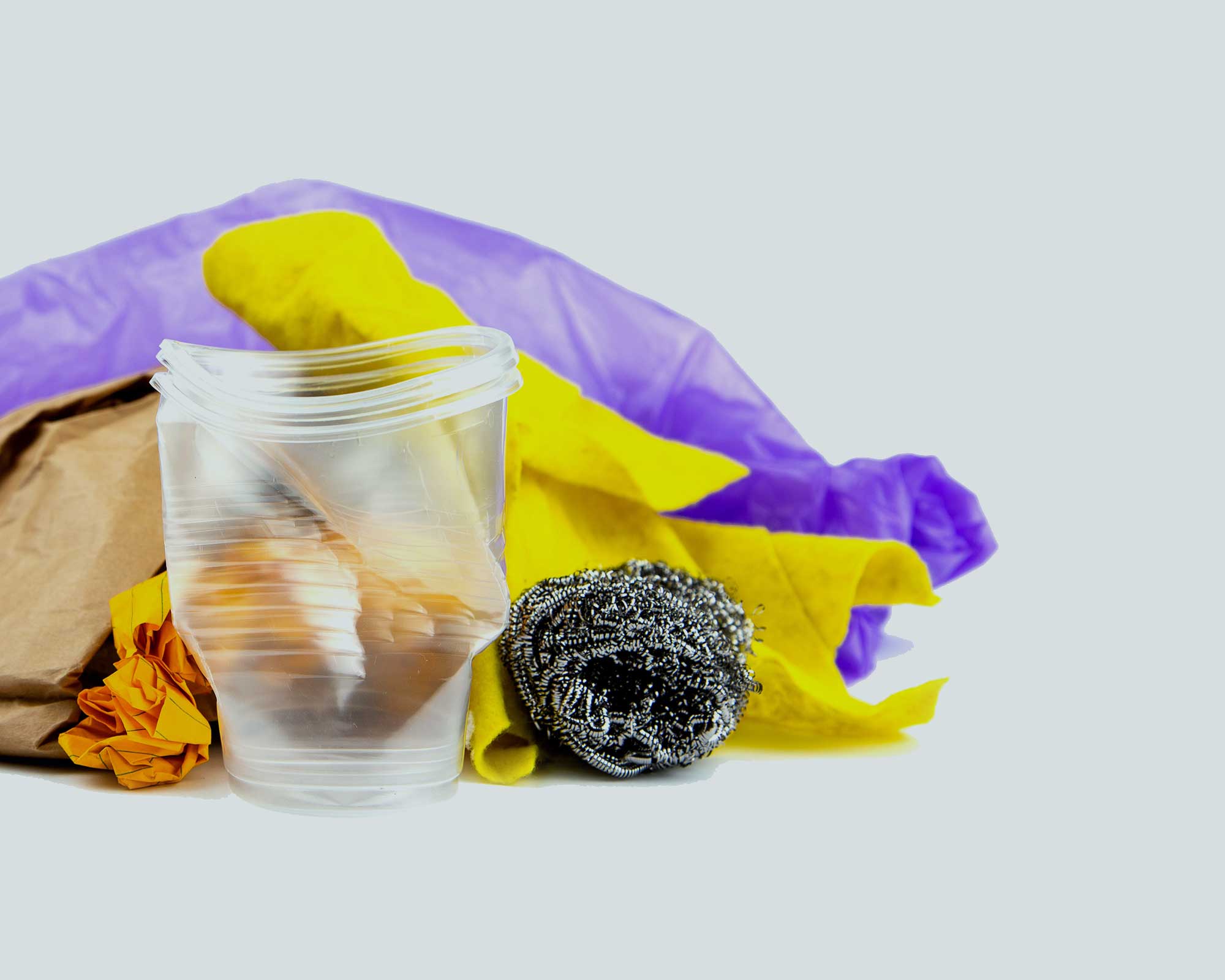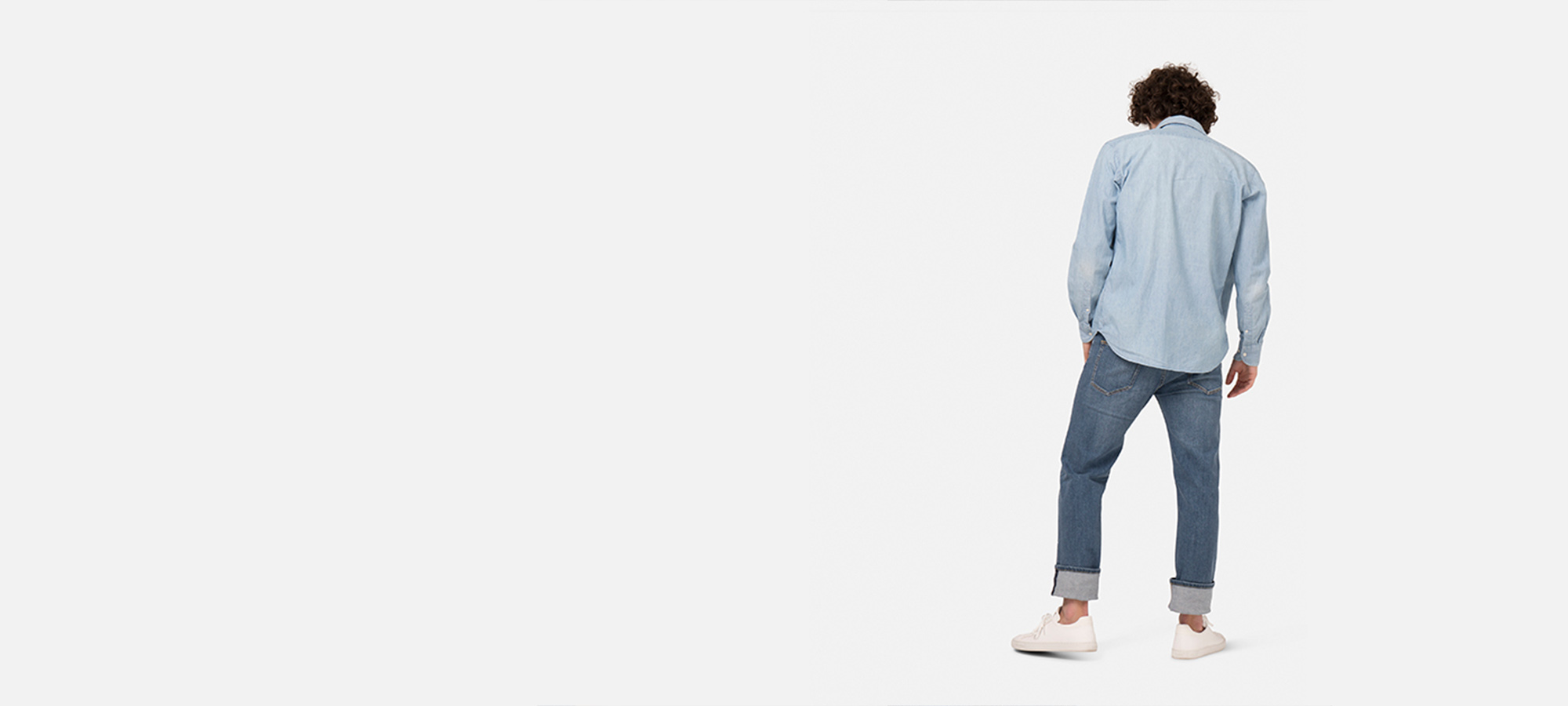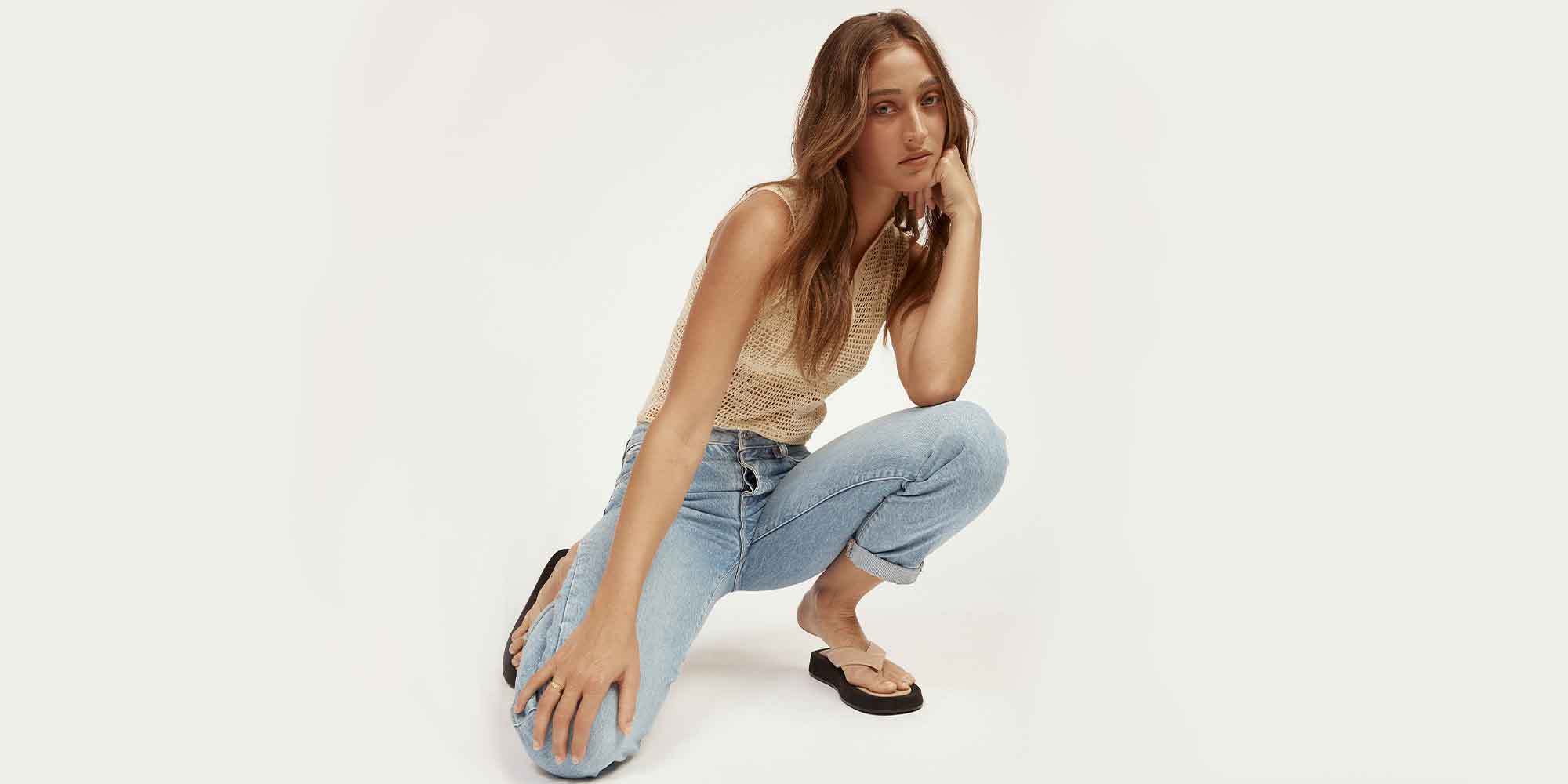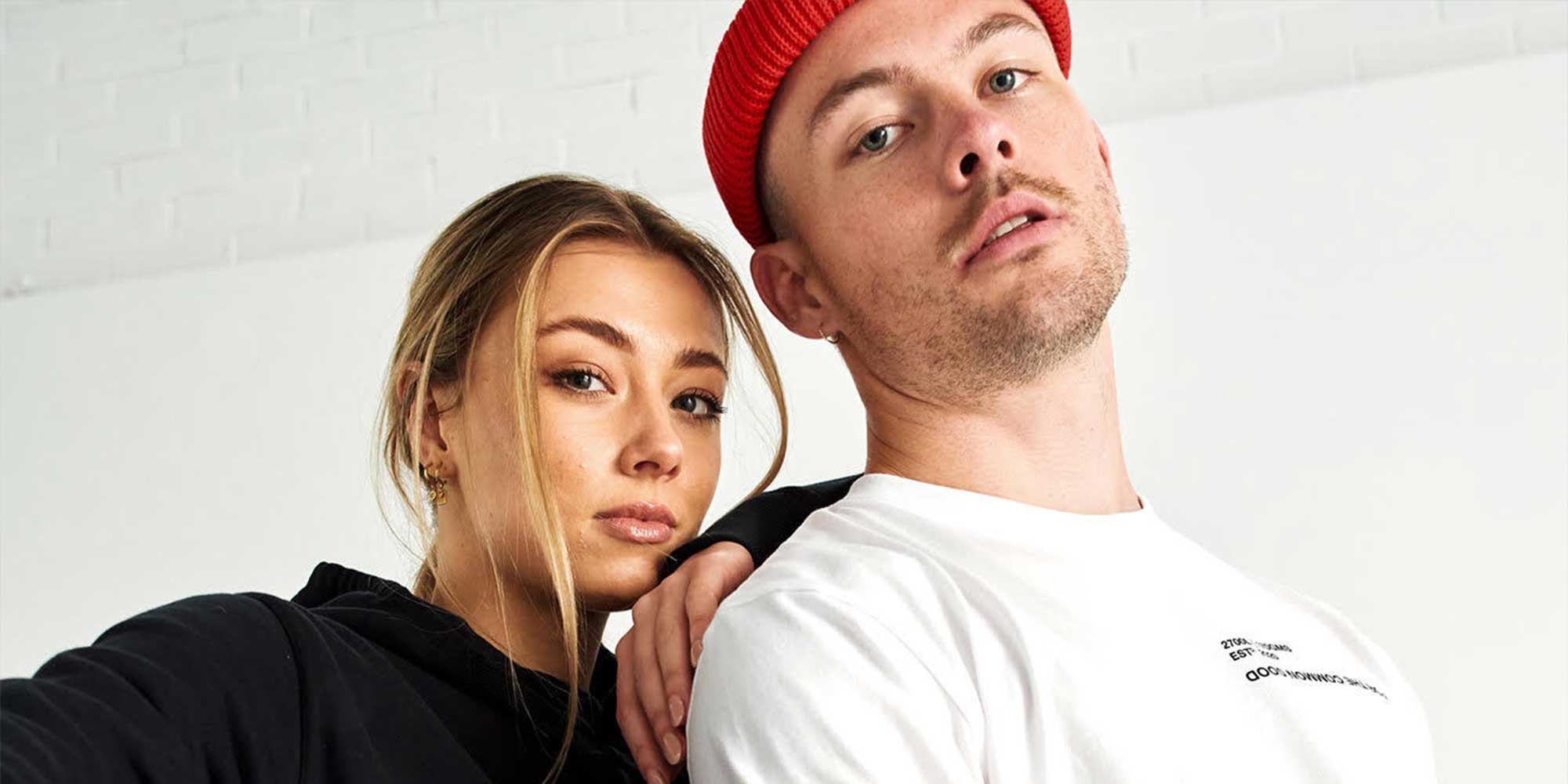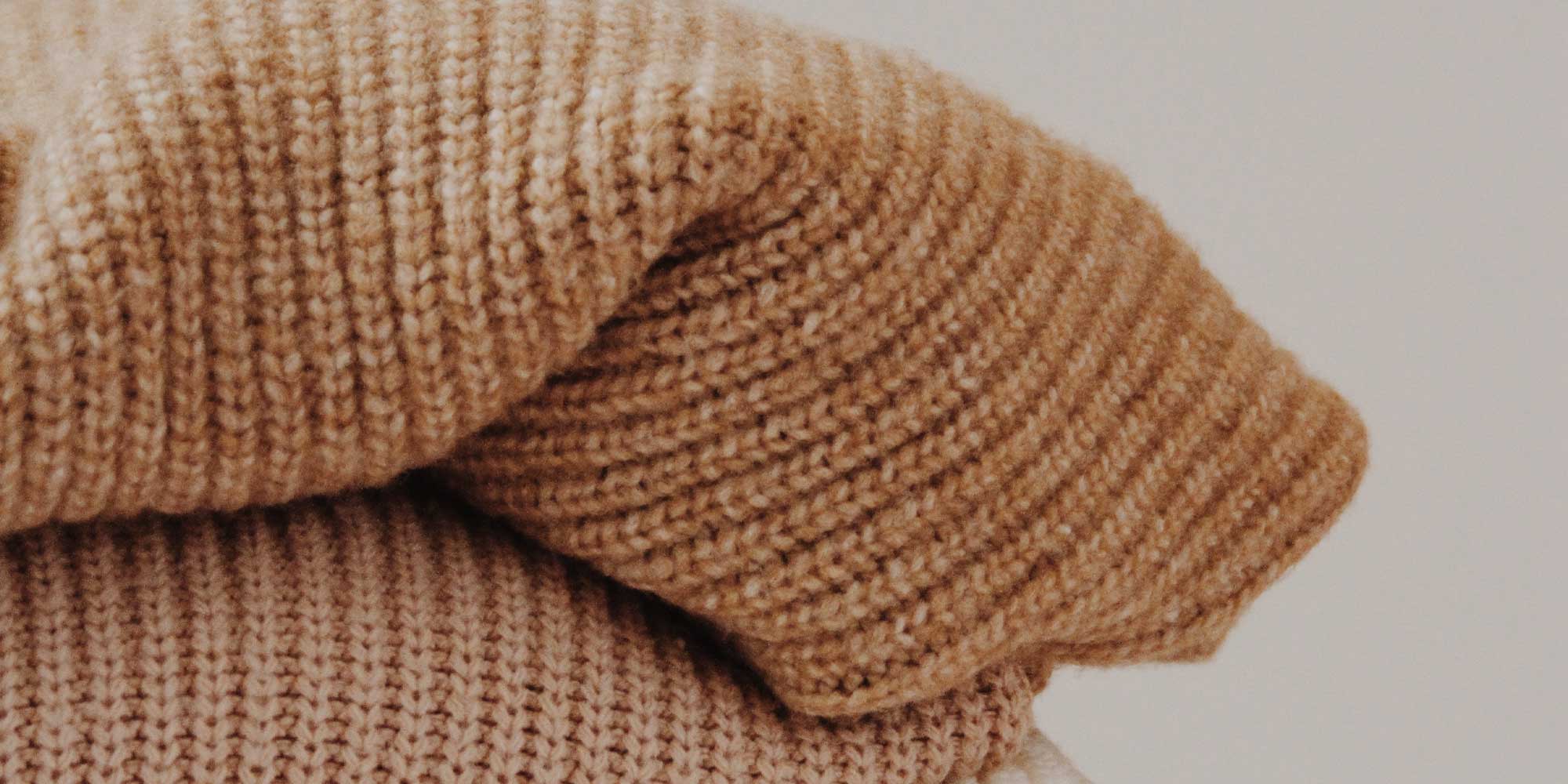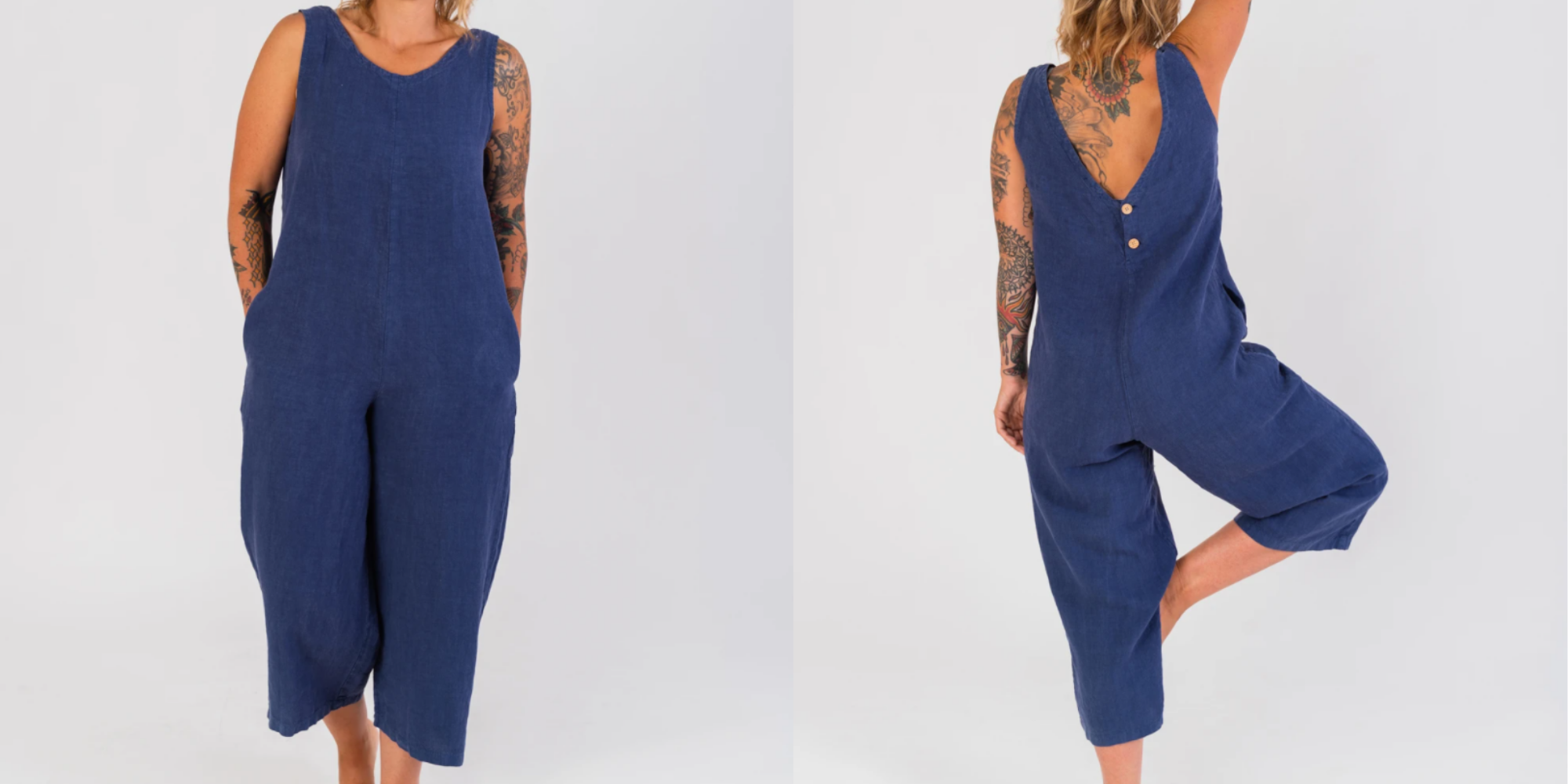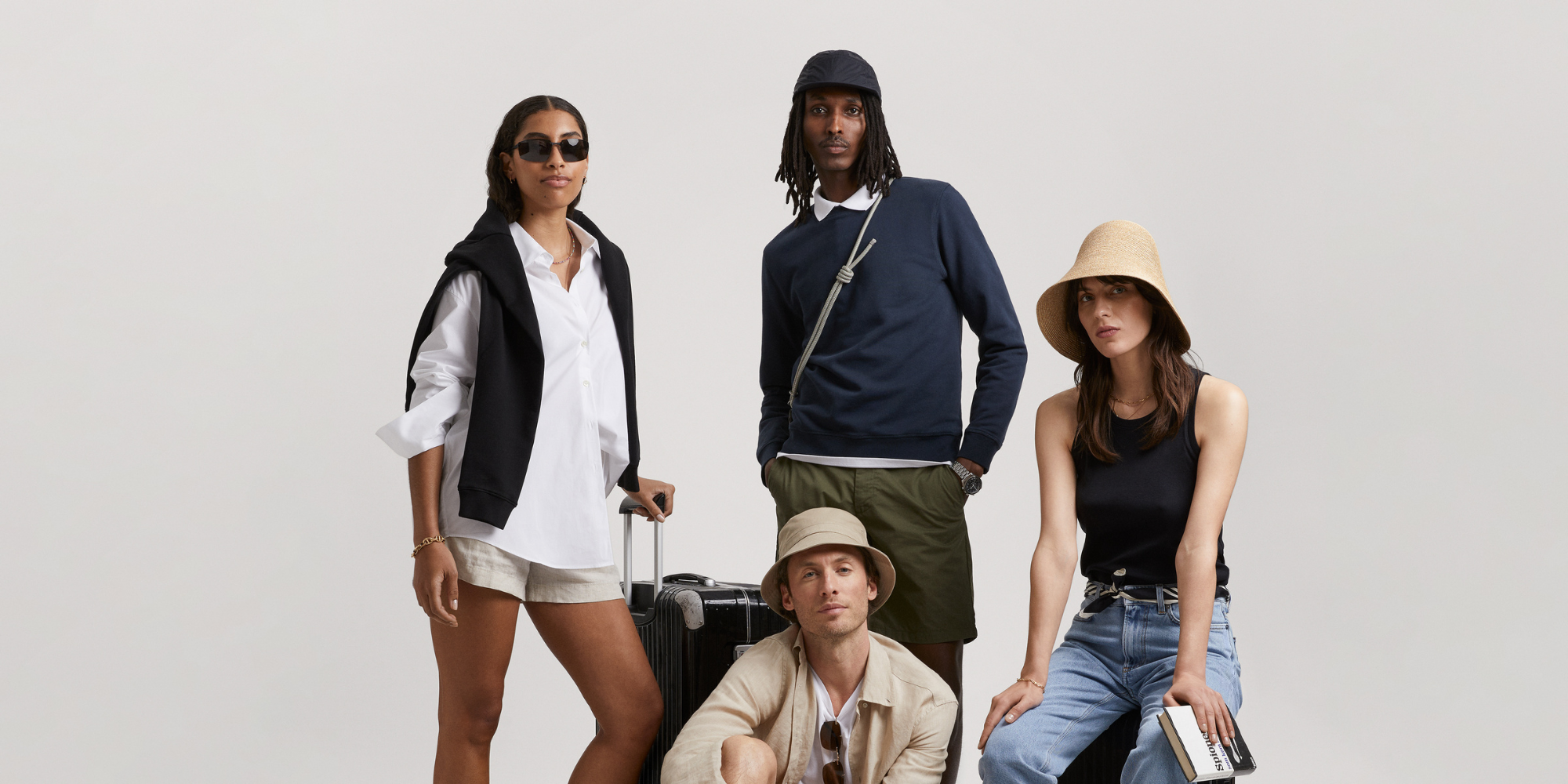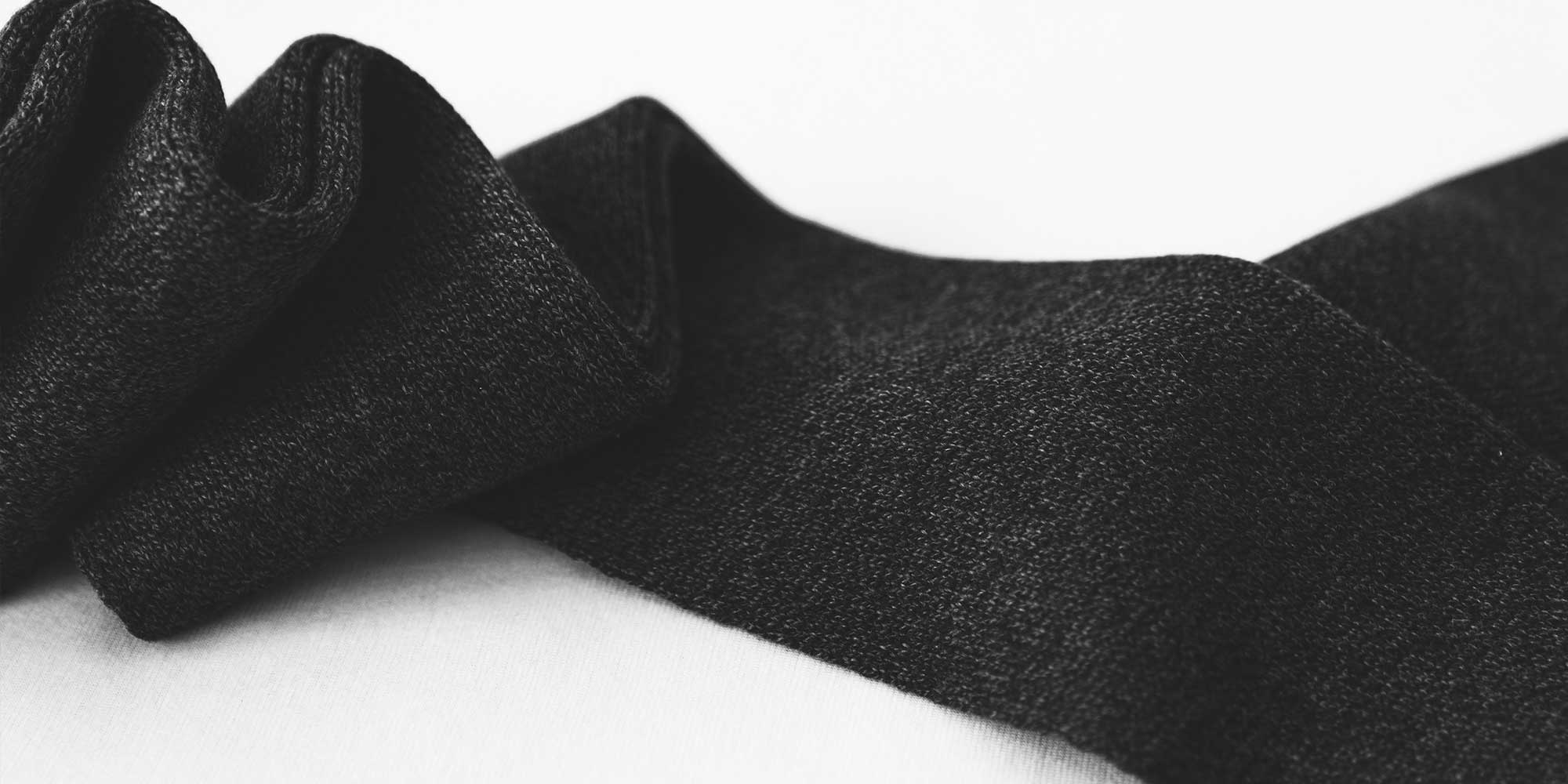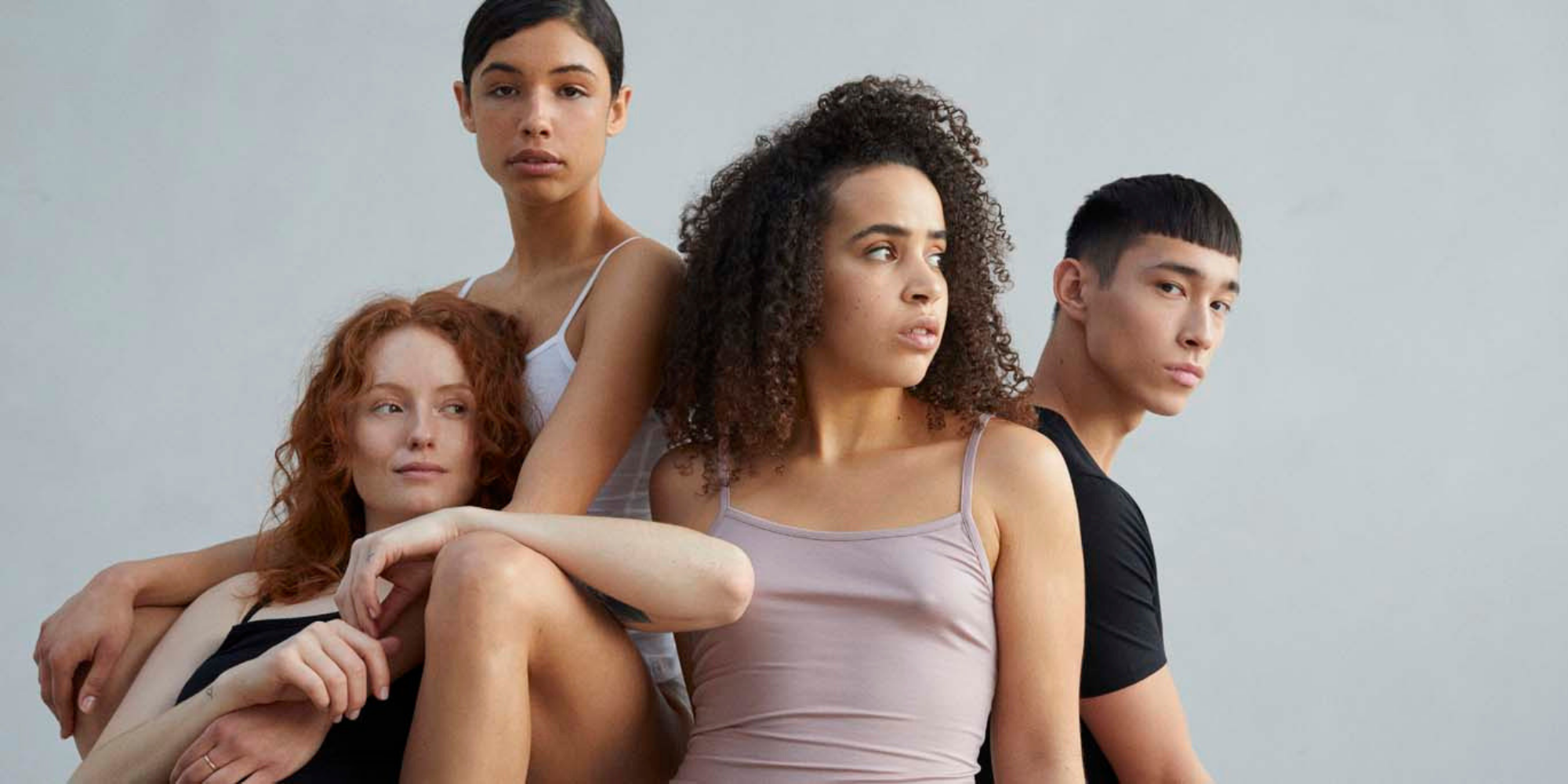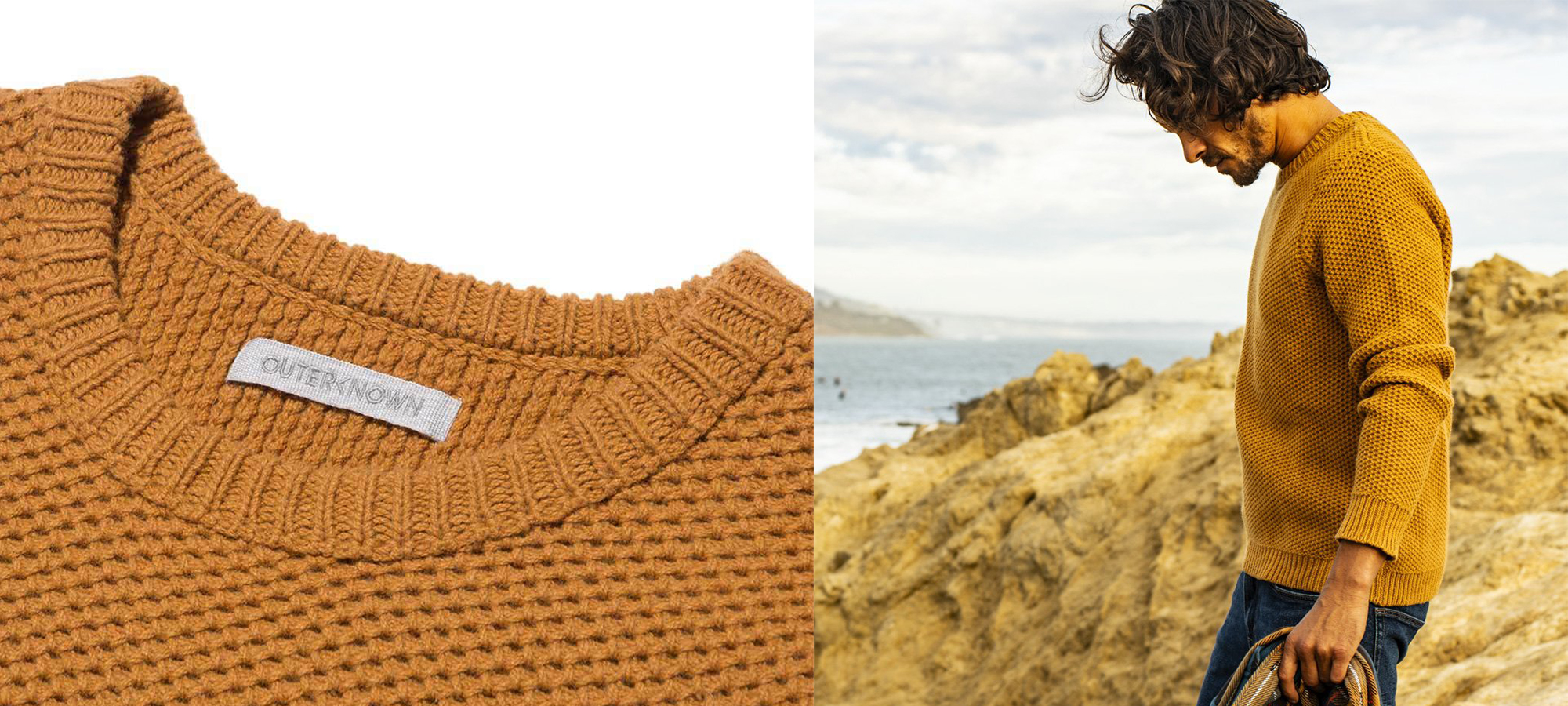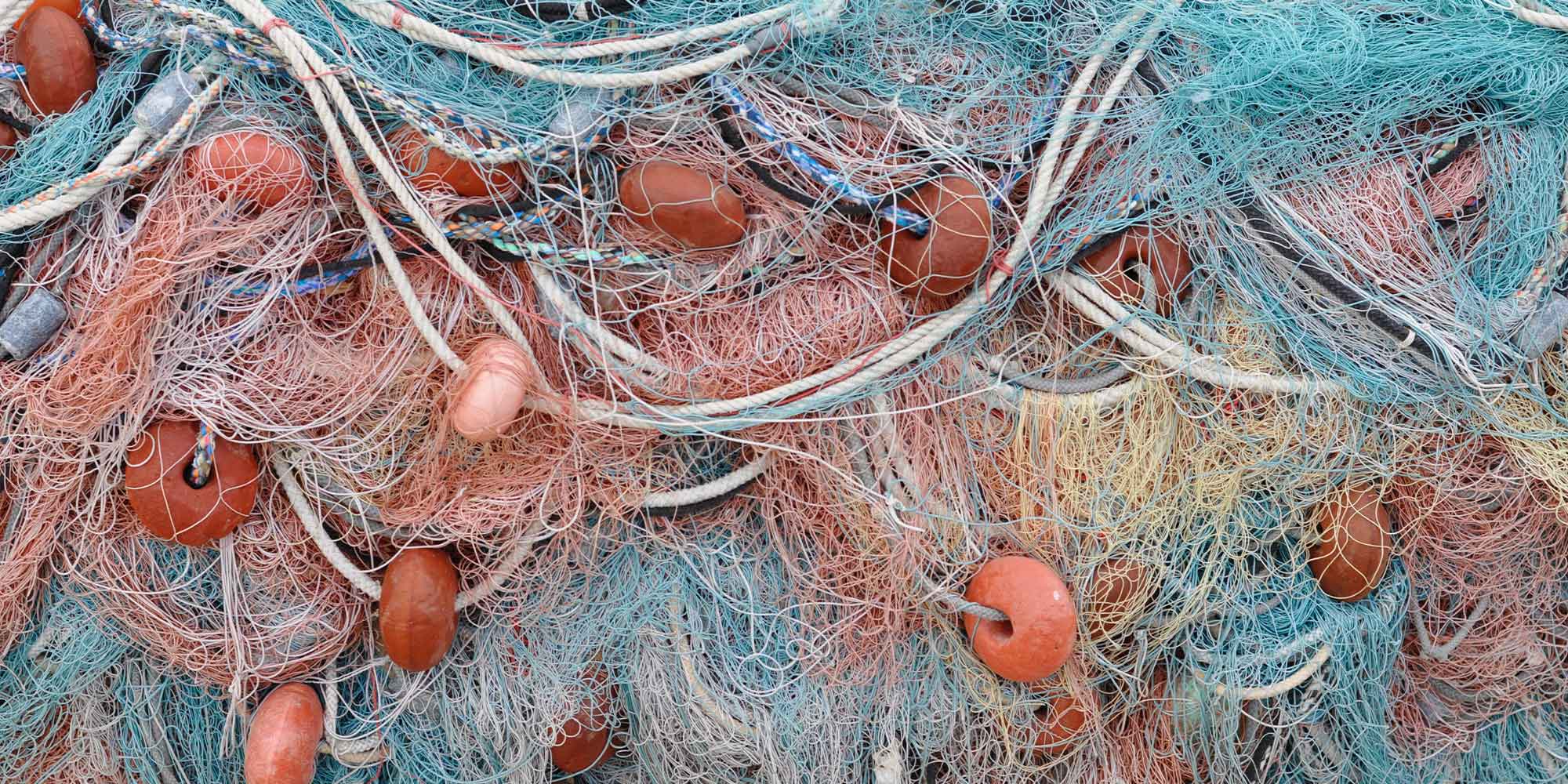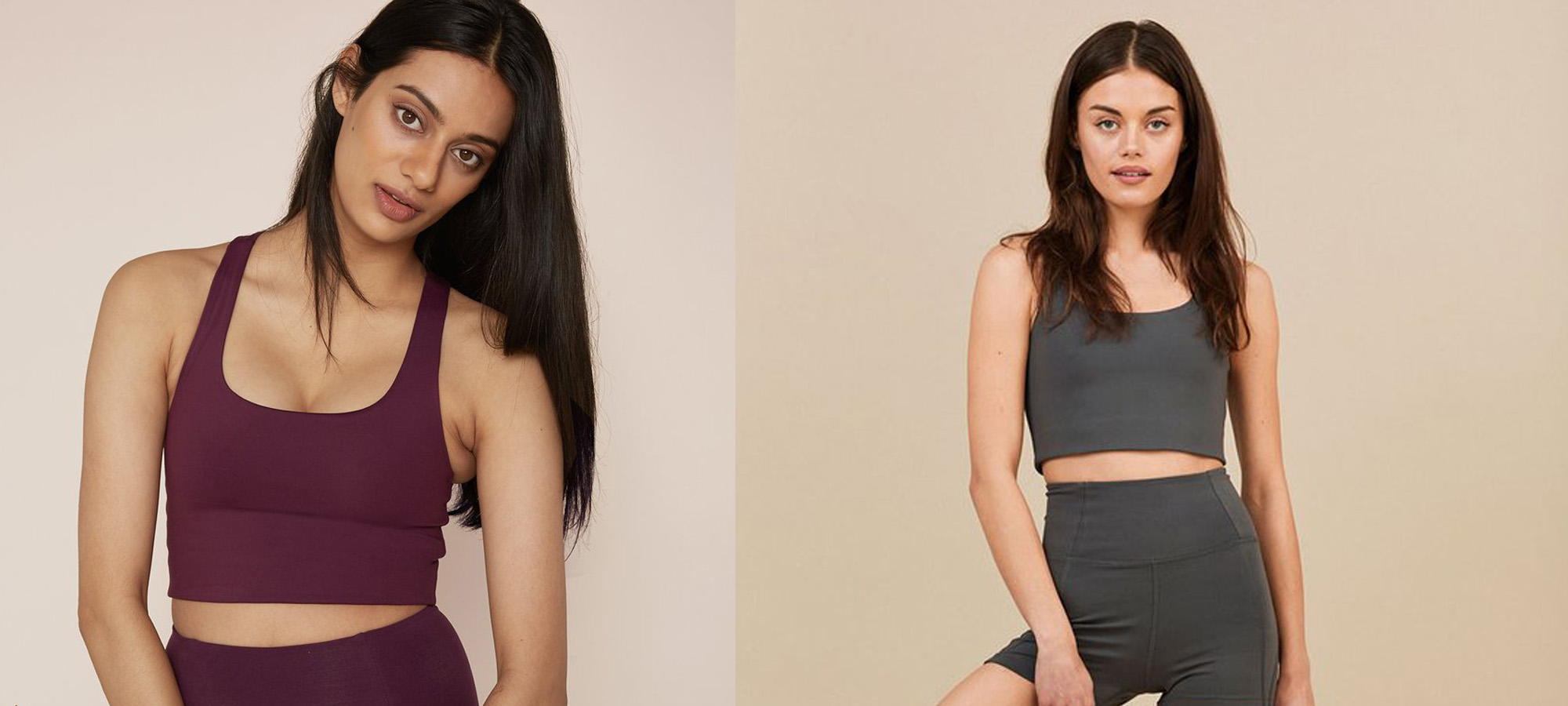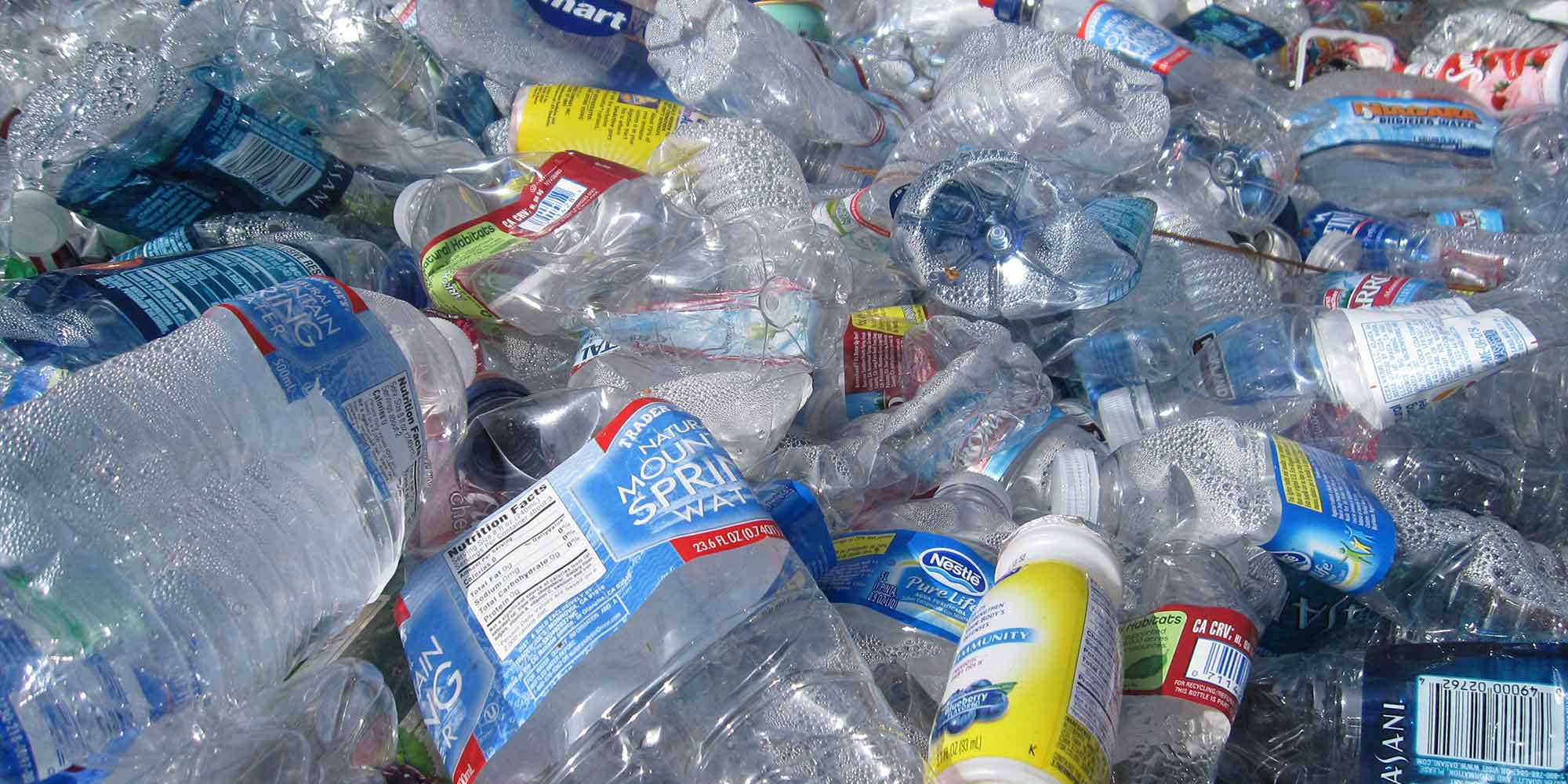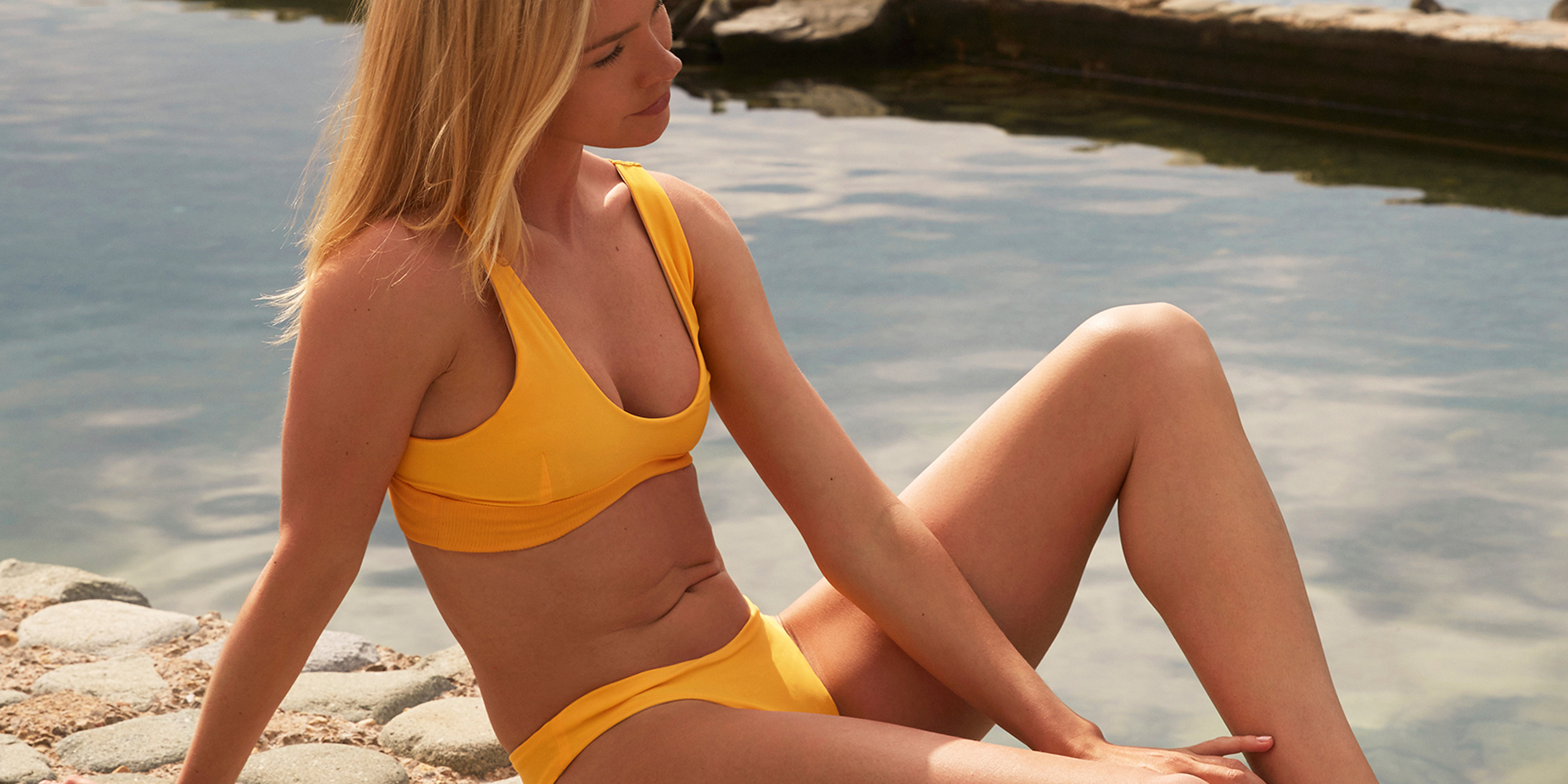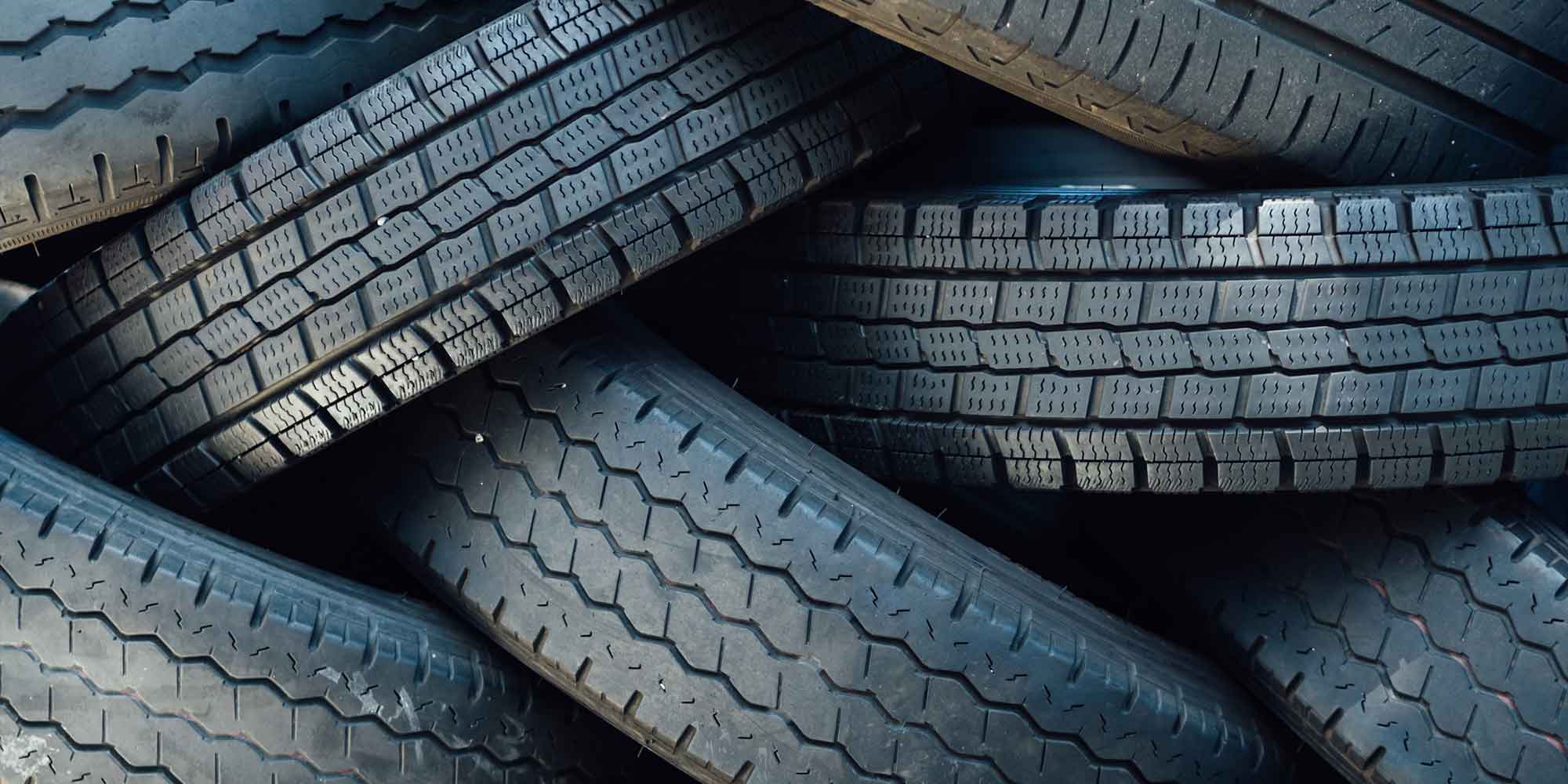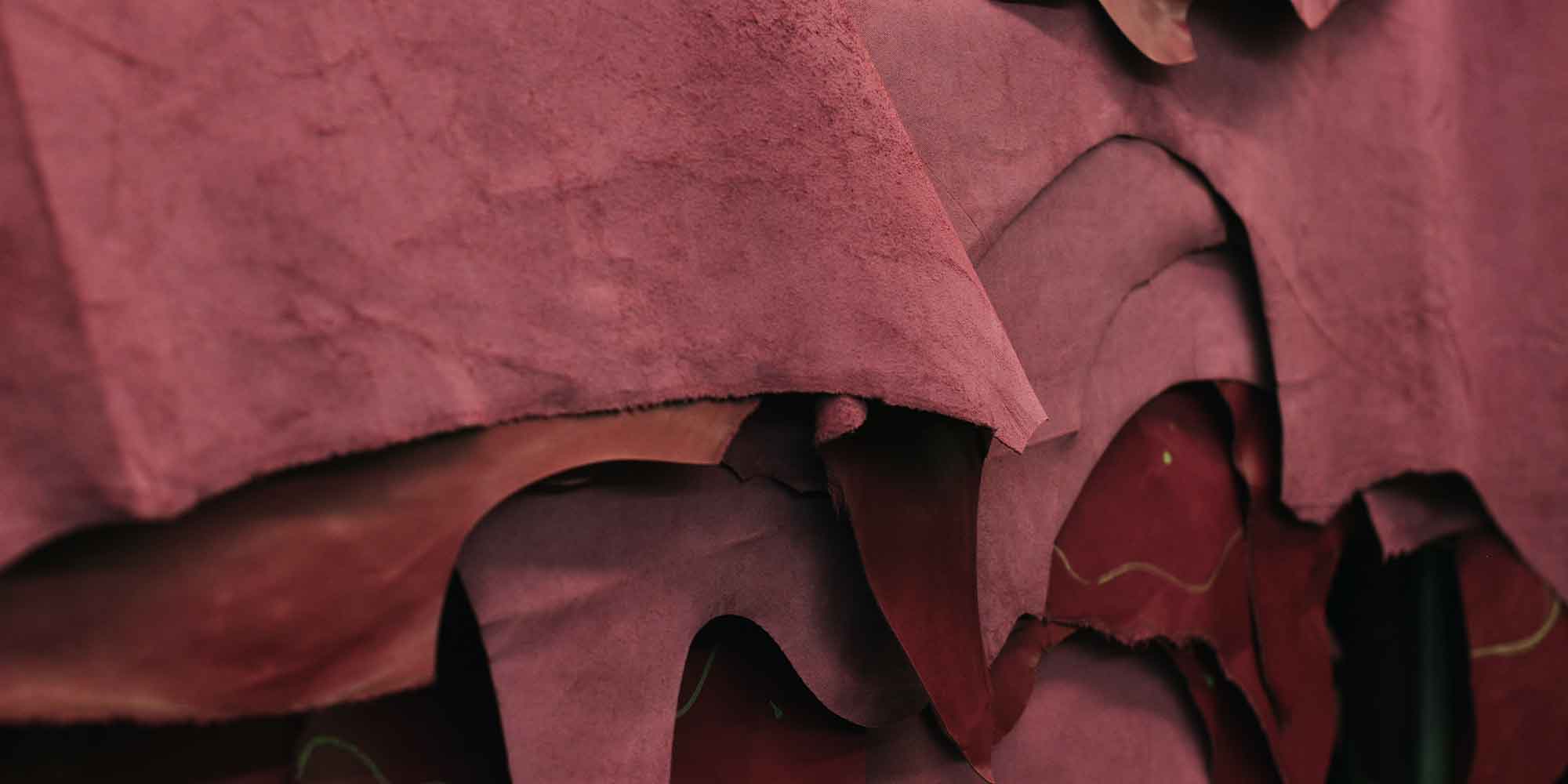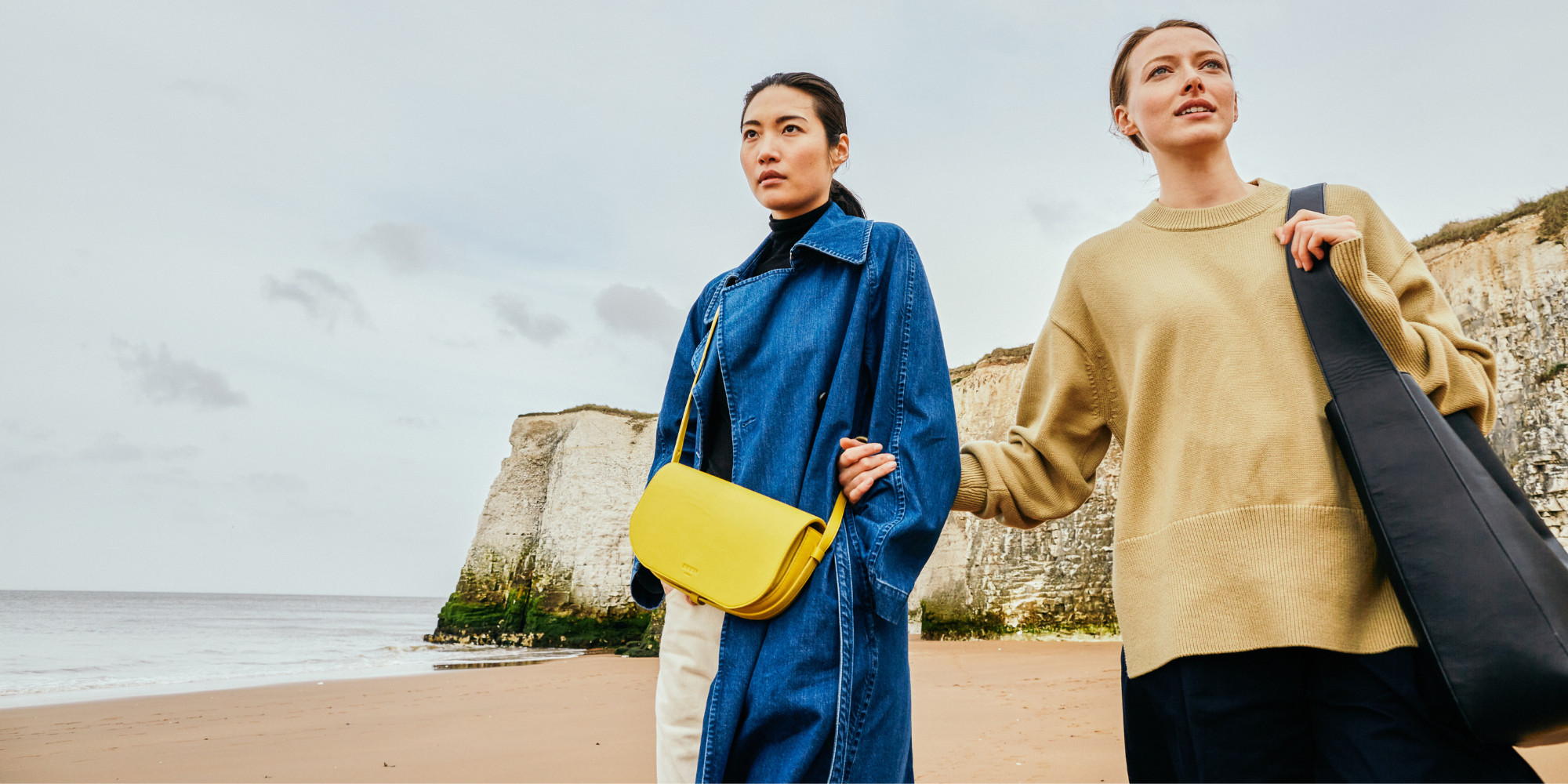Every year, humankind dumps a massive 2.12 billion tonnes of waste. Whether it’s regular household waste, the rubbish accumulated out and about, or even unwanted clothing as people go through their wardrobes. Thankfully, as the world becomes more aware of the environmental impact of waste, recycling is on the rise. And turning trash to treasure is a fantastic way to give everything from plastic bottles to old pillows a new life. Introducing recycled clothing materials.
So once the waste is out of our hands, what does it become? Well, these days it could be your next pair of shoes or running tights! In the fashion industry, recycled clothing materials are an emerging and welcome shift needed to address the industry’s high volume of waste, fractured processes, and linear garment lifecycles. Let’s look at the most common recycled clothing materials and break down their sustainability.
A brief history of recycled materials
We can’t introduce recycled materials without acknowledging the murky history of fabric production in the fashion industry. In the late 1940s, society saw the first signs of cheaper, virgin fabrics, and a strong presence of synthetic chemical-based materials like nylon. Enter mass production and fast supply chains, aka the infant signs of what is now known as fast fashion. Decades later, an estimated 100 billion garments are produced annually worldwide.
Technology and innovation are starting to enable a new wave of recycled clothing materials through a more sustainable and circular model.
But times are changing, and the world of fashion is at an exciting turning point. Technology and innovation are starting to enable a new wave of recycled clothing materials through a more sustainable and circular model. More brands are offering programs that give consumers a simple recycling solution for materials. And from plant- and animal-based to synthetic, various recycled fabrics are popping up which address issues such as waste, climate change, deforestation, pollution, and much more. As ever, be alert even when purchasing recycled material—it can be tricky to ensure sustainability if you don’t have all the correct information.
Not a perfect solution
We chatted to our Head of Ratings, Kristian Hardiman, aka the in-house materials expert, and he talked us through the issues with recycled clothing materials. While we are seeing positive steps in the right direction, “the reality is that the fashion industry as we know it is fraught with fractured systems. Regardless of the material and its impact, there is an underlying issue: too much virgin material is being used to make our clothing.” This overabundance has led to colossal textile waste issues from numerous areas of the production line, including pre-consumer and post-consumer waste. When it comes to our rating system, Good On You rewards brands that only use deadstock material (discarded offcuts in the manufacturing process). “In an ideal, more circular world, there would not be any deadstock material, and waste would be minimised, with more value placed on the material. A similar logic applies to recycled synthetics. It is mainly due to our broken and overwhelmingly linear system that recycled materials are a solution at this point in time.”
Regardless of the material and its impact, there is an underlying issue: too much virgin material is being used to make our clothing.
Kristian Hardiman – Head of Ratings
A mixture of lower-impact materials is needed going forward, and the industry can’t be reliant on a single material to repair the system. Organic fabrics require land and can only be grown in some regions of the world. Recycled synthetics don’t have the land-use demands but are much higher in energy intensity. “At this stage, there is no one right way to go about it. It is diverse and dynamic. So while sustainability and ethical practices continue to make their mark on the fashion industry, we need to find solutions to support the shift to a more circular fashion industry, acknowledging that sometimes the solution is driven by the problem.”
Recycled clothing materials
Recycled cotton
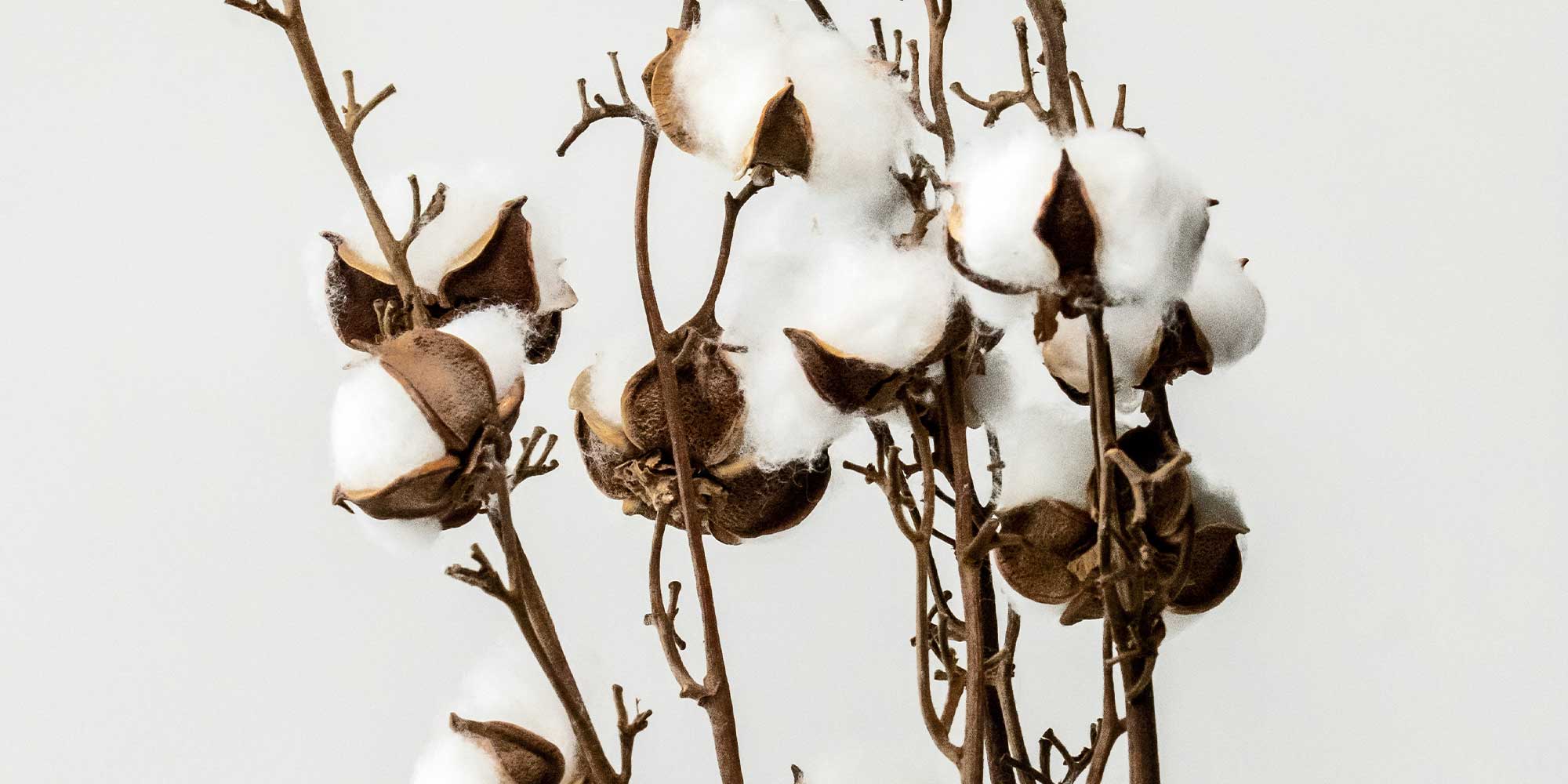
Did you know that conventional cotton is extremely intensive to produce? The fluffy white plant requires vast amounts of water, a lot of space to grow, various harmful chemicals, and overall, is very labour intensive. Despite this, cotton is one of the easiest fabrics to make into a recycled garment. It’s worth checking whether a recycled cotton garment is derived from organic or conventional cotton and if it’s made from pre-consumer or post-consumer waste. Thankfully, cotton is entirely biodegradable—able to break down over time. So, if done correctly, it fits within a circular model, setting it apart from many other synthetic recycled materials.
Our verdict:
Go for recycled cotton as a first option, particularly if you can identify its origin as organic cotton. Extend the life of your cotton garments by using gentle, plant-based washing powders and cold water cycles.
Brands using recycled cotton:




